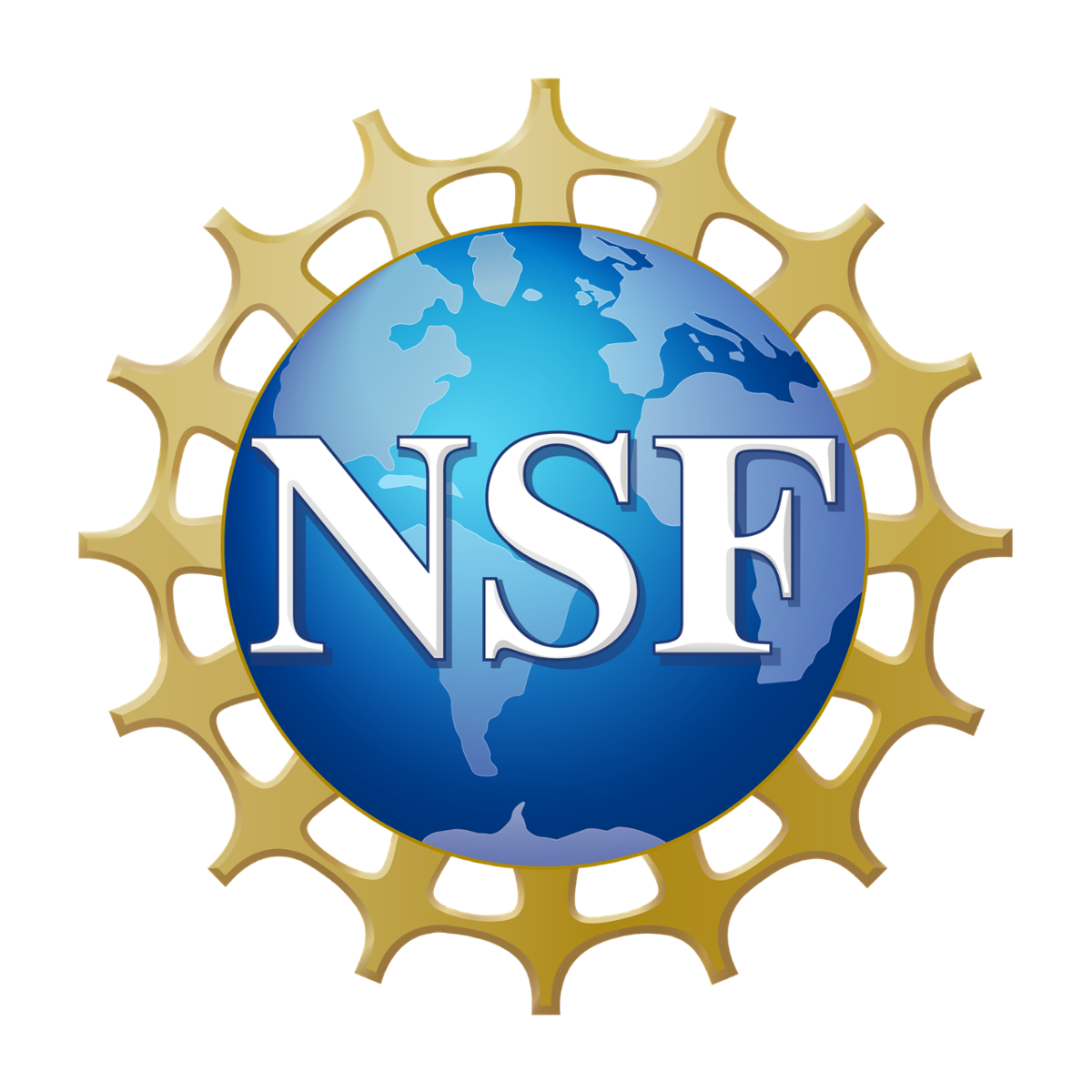National Science Foundation Grants Major Award to MGA For STEM Workforce Development Initiatives
Author: Sheron Smith
Posted: Tuesday, September 3, 2024 12:00 AM
Categories:
Faculty/Staff | Honors/Awards | Students | Pressroom
Macon, GA

With a newly announced $375,000 grant from the National Science Foundation, Middle Georgia State University (MGA) will join forces with three other institutions to more strongly align classroom teaching and learning with professional workforce needs in STEM-related industries. As a potential result of this major project, more MGA students should be even better prepared for jobs in those industries once they complete their degrees.
“This cohort will build partnerships with industry experts and government agencies to find out what skills and knowledge are needed for STEM jobs in their fields,” said Dr. Donna Balding, MGA’s director of Research & Sponsored Projects. “The cohort will use this information to modify and enhance educational experience for undergraduates with industry needs in mind, so students are prepared for jobs in STEM fields. This is an exciting opportunity for Middle Georgia State students and faculty.”
Three faculty members - Dr. Shannon Beasley, associate professor of Information Technology, Dr. Scott Spangler, associate professor of Information Technology, and Balding, who is also a professor of Biology - developed the proposal. The total amount of the grant award, which the National Science Foundation announced last week, is $374,782. MGA’s project is titled, “Collaborative Research: EPIIC: Strengthening Collaborative Advancements Leveraging Equitable University Partnerships.”
The University will collaborate on the multifaceted project with three other institutions: Winston-Salem State University, North Arkansas College, and St. Vincent College.
“The cohort institutions will exchange information and work together to enhance each other’s capacity for building external partnerships,” Balding said. “This process will position each institution in the cohort to further deepen engagement with industry partners and enhance their contributions to their regional innovation ecosystems. This award reflects the National Science Foundation’s commitment to include more diverse partners in the nation’s research and innovation enterprise.”
Through its Enabling Partnerships to Increase Innovation Capacity (EPIIC) program, the National Science Foundation (NSF) granted a total of $18.6 million to 48 awardees at U.S. institutions of higher education. EPIIC awardees will receive support to develop capacity and institutional knowledge to help them build new partnerships, secure future external funding, and tap into their regional innovation ecosystems — potentially into an NSF Regional Innovation Engine (NSF Engine), NSF Engine Development awardee, and/or a U.S. Economic Development Administration Regional Technology and Innovation Hub (EDA Tech Hub).
MGA will start ramping up project activities this October. The activities will include:
- Building MGA’s research enterprise by expanding external professional consultation and support staffing in the Office of Research & Sponsored Projects.
- Design with representatives of other institutions in the cohort an instrument to understand how to create workforce development responsive to regional needs.
- Give faculty time to build industry and government partnerships and capacity, which includes travel to develop external partnerships, creation of an EPIIC cohort workforce symposium, and participation in an annual conference focused on accelerating the nation’s key technologies and workforce.
